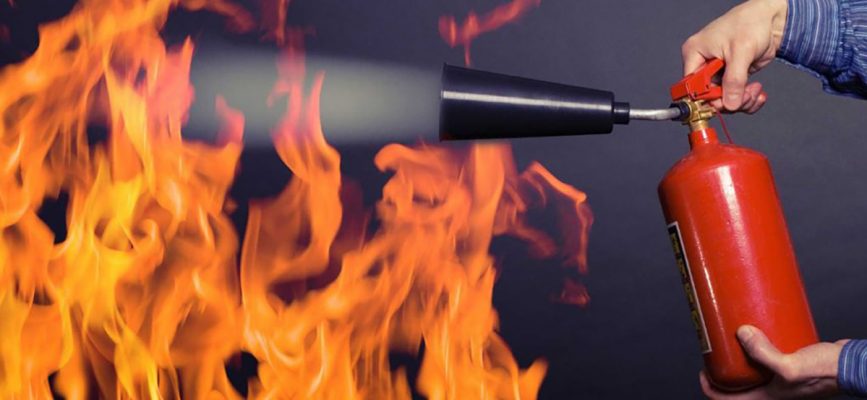Translation for Fire Protection: 10 common errors
At QuickSilver Translate, we are experts in translating marketing and technical documentation for the fire protection industry. Over the last 15 years Colin Whiteley, our President, has created and developed a virtual team of qualified translators in over 20 language combinations. Colin does a lot of the Quality Assurance himself and has created the largest technical glossaries in the industry. For all these reasons, we believe we are the number one language service provider for the fire protection industry.
Here are 10 pitfalls to avoid when localising your technical documentation:
- In German, a System is an overall concept or technology, but never an individual instance or it. So an American “system” is often a German “Anlage”, which in British standards is an “installation” (“impianto” in Italian, related to “implant”).
- Installation can also mean “fitting” (US) or variations of “montage/montaje/montaggio/montagem”, etc. (FR/ES/IT/PT). But careful with Spanish “instalación”, which generally refers to something more like “facility”.
- An American sprinkler “riser” may be a “poste de contrôle” (control post) in French, a “control valve set” in European English, but a “Ventilstation” (valve station) in German. However, none of these are direct translations.
- “Control” is a troublesome word. In most European languages it is equivalent to “monitor” or “supervise” (as in Passport Control), but in English it usually means “take control” or “command”, so a “control panel” might be a “central de mando” (ES).
- Fire protection systems in English may be either “fixed” or mobile”. In translation from German we tend to see “stationary systems” as an incorrect translation of “stationäre Anlagen”.
- (Fire) sprinklers are more and more likely to be called by their English name. But be careful of Spanish “aspersores” (irrigation sprinklers), since the fire protection type is a “rociador”. Portuguese Brazilian has both “sprinklers” and “chuveiros”. Russian has both “sprinkler” and “ороситель (orositel’”. As for French, they are “sprinkleurs” in France, “sprinklers” in Belgium and “gicleurs” in Canada.
- Gas extinguishing systems are usually either “total flooding” or “local application”. But in German they are either “Bereichschutz” or “Objektschutz” (literally area protection and object protection).
- In English we are used to fire detection systems. In German they are “Melderanlagen”, which are really alarm systems, and so a “detector” is called a “Melder” or annunciator. Which is probably why it is a “rivelatore” in Italian, not to be confused with the literal translation of detector which would be the confusingly similar “rilevatore”.
- Beware of “standard”. It can mean “ordinary” or “normal” (often “regular” in American, which in Britain means “with regularity”) or refer to a technical standard (Norm, norme, norma, etc).
- Oh, and be careful with English “water mist” systems. The German word “Mist” means dung or manure!

